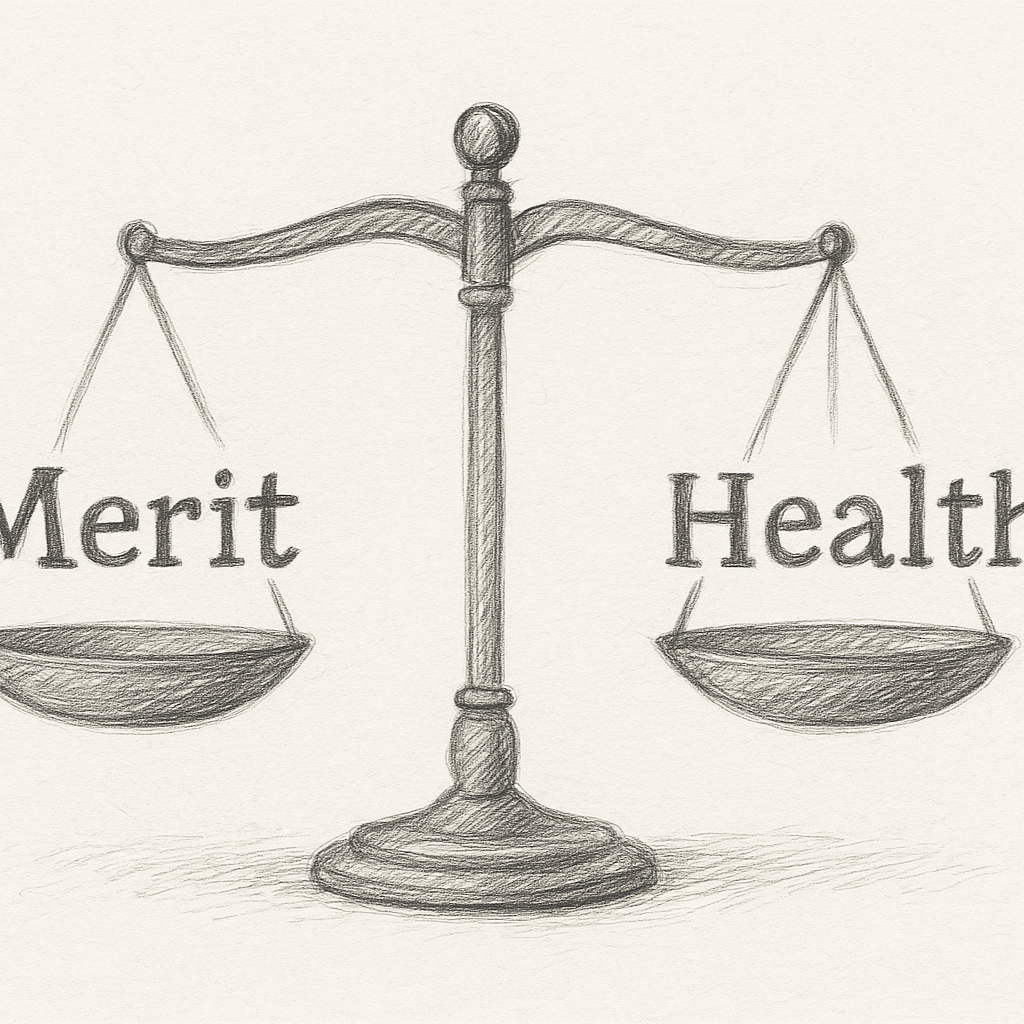The TikTok Ban Threatens the Future of the Internet
Politicians want to control America’s cyberspace
Illustration by Presley Alexander
In recent years, TikTok has become a cultural phenomenon, capturing the attention of millions of users worldwide. The video-sharing app has been widely popularized, especially among young adults and teenagers, and has been an essential part of popular culture. Now, a bipartisan agreement in the Senate is threatening to ban the app.
The primary reason for the proposed TikTok ban was the concern that the app could be a threat to national security. Officials have raised concerns about the app's data privacy practices and its potential for spreading misinformation. While it is true that any app or service that collects user data can pose risks, the risks associated with TikTok are blown out of proportion.
In fact, TikTok is not the only app that collects data from its users. Many popular social media apps, such as Facebook, Instagram, and Twitter, collect user data. The difference is that TikTok is owned by a Chinese company, and according to politicians, this is the root of the concern regarding its security risks.
However, the idea that TikTok is being used as a tool for Chinese espionage is not supported by available evidence. “TikTok has never shared, or received a request to share, U.S. user data with the Chinese government. Nor would TikTok honor such a request if one were ever made," TikTok CEO Shou Zi Chew testified before Congress.
TikTok gained a lot of popularity during the peak of the COVID-19 lockdown. The TikTok ban initially became a hotly debated topic in the United States in 2020, with the Trump administration threatening to ban the app altogether. This came amid concerns that TikTok, which is owned by the Chinese company ByteDance, could be a threat to national security.
Though, it seems like Trump and his fellow Republicans have a vendetta against TikTok for other reasons. A majority of TikTok users are a part of Generation Z, who are also starting to make up a big bloc of voters. TikTok gives them an ideal platform to band together and advocate for their political opinions.
A hilarious example is when TikTok users trolled the Trump campaign in 2020 into expecting a massive rally crowd in Tulsa. Users inflated the number of people registered to attend the event. It led to the Trump campaign bragging about more than a million people trying to attend the rally, until the day of the event, where only a few thousand actually showed up in person.
In response to Trump, ByteDance began negotiations with U.S. companies to form a new entity that would operate TikTok in the United States. The proposed deal involved Oracle taking a stake in the company. CEO Chew testified that “U.S. TikTok data is stored by default in Oracle’s servers,” meaning that Oracle provides secure cloud services for TikTok's U.S. operations on American soil. Only vetted American personnel can control access to the data.
The proposed ban is condensed into Senate Bill 686 also known as the Restrict Act. However, if approved, it would not only lead to a potential TikTok ban. While TikTok seems to be the first target of Congress, the bill would give the Secretary of Commerce the power to shut down any online entities from a list of foreign advisories they deem a national security risk, China being one of them.
The bill would allow the government to control a variety of relevant media in whichever way they like. In addition, under the bill, the government can impose criminal penalties on people in the U.S. for violations of the Restrict Act.
The government setting its eyes on banning TikTok is shady for another reason, as some politicians in office hold shares in companies such as Meta, which could benefit from the downfall of TikTok. U.S. lawmakers are unfortunately not banned from investing in any company, even if those companies might be affected by their decisions.
At this point in time, the future of TikTok and cyberspace in general in the U.S. remains uncertain. Congress seems focused on bringing in restrictions, while American users are rooting for the app. Since the hearing of CEO Chew before Congress, Americans have rallied against the Restrict Act. The ban will upset loyal users of the app that spend their days either consuming or creating content.
Reach out to your elected officials if you want to make your voice heard to stop the Restrict Act.




